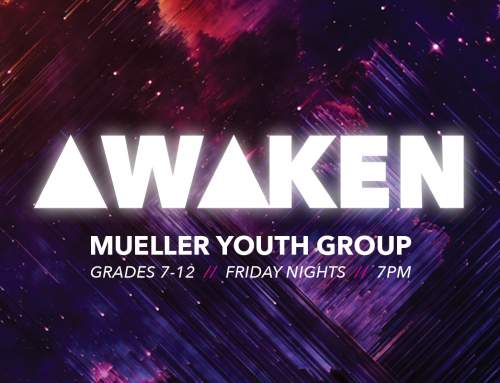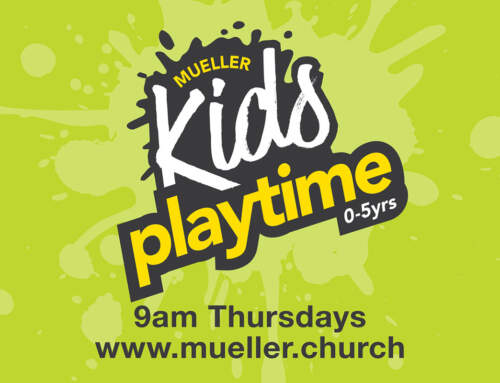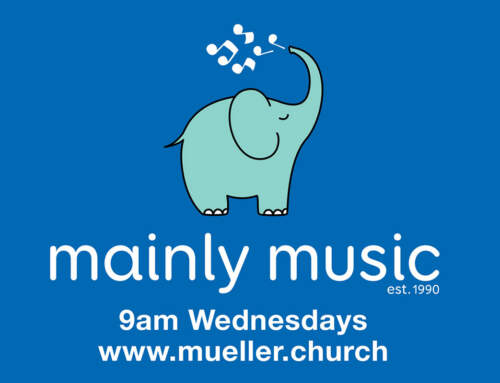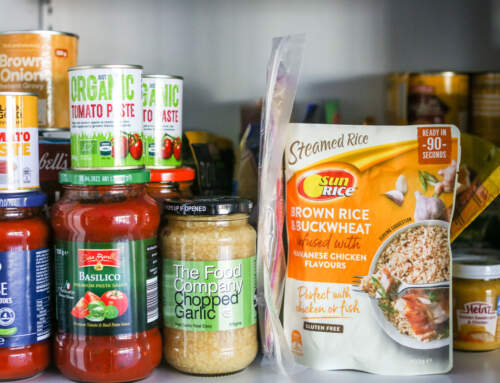One of the tasks conducted by the Royal Society for Public Health (RSPH) in their #Status of Mind report was a UK wide survey of almost 1,500 people aged 14-24, asking them questions about five of the most popular social media platforms. They were asked to rate how they felt each of the platforms impacted their health and well-being and to what extent they made them feel better or worse. The five platforms included Facebook, Instagram, Snapchat, Twitter and YouTube. They were asked to rate 14 different factors. These were:
· Awareness and understanding of other people’s health experiences
· Access to expert health information you know you can trust
· Emotional support (empathy and compassion from family and friends)
· Anxiety (feelings of worry, nervousness or unease)
· Depression (feeling extremely low and unhappy)
· Loneliness (feelings of being all on your own)
· Sleep (quality and amount of sleep)
· Self-expression (the expression of your feelings, thoughts or ideas)
· Self-identity (ability to define who you are)
· Body image (how you feel about how you look)
· Real world relationships (maintaining relationships with other people)
· Community building (feeling part of a community of like-minded people)
· Bullying (threatening or abusive behaviour towards you)
· FoMO (Fear of Missing Out – feeling you need to stay connected because you are worried things could be happening without you.) (p17)
YouTube was the only social media platform found to have an overall positive impact on young people’s mental health in the survey while Instagram was the platform with the most detrimental effect on mental health. The researchers ranked the five from most positive to most negative.
1. YouTube
2. Twitter
3. Facebook
4. Snapchat
5. Instagram
Across all five social media platforms, the greatest negative impact was around sleep, bullying and FOMO while the greatest positive impact was felt to be around self-expression, self-identity and community building.
While the report finished with several excellent recommendations, parents can’t afford to wait around for somebody else to implement these. Our children’s well-being is way too important an issue. We need to be aware of the different apps that our children are accessing and have frank talks about them. Downloading this report (link below) and discussing it together could be a good starting point.





